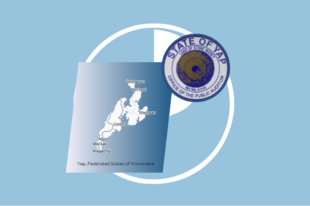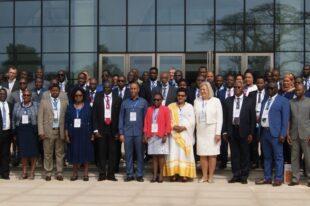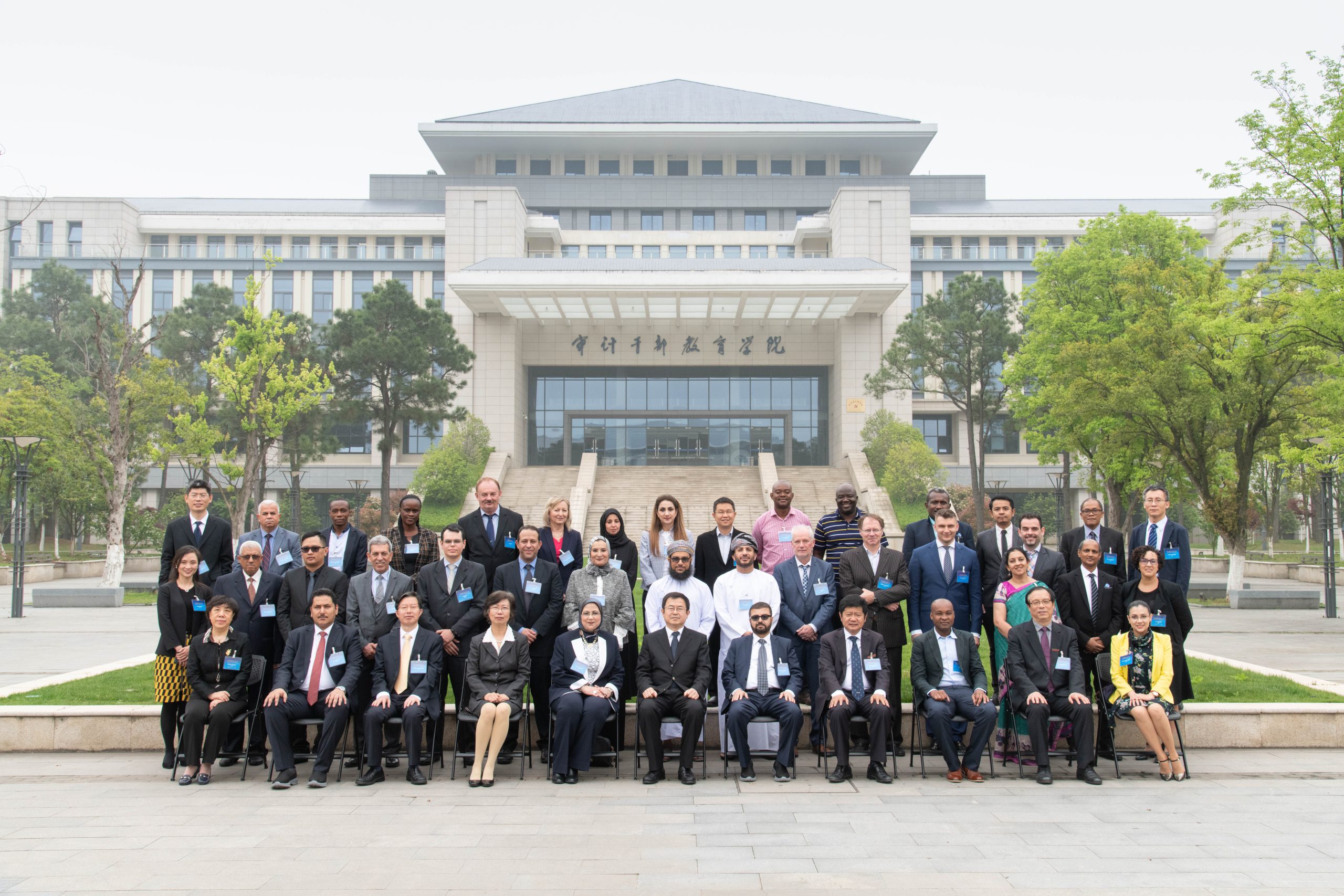Believing the Impossible – the Role of International Cooperation
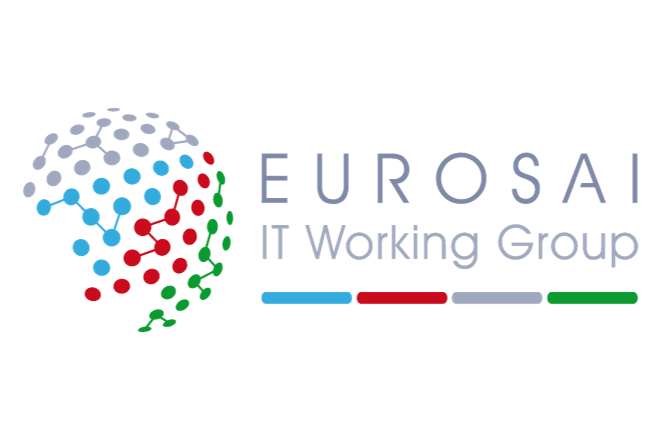
by Mr Janar Holm, Auditor General of Estonia, Chair of EUROSAI IT Working Group
Scientific and technological development has become an unnoticeable element of our everyday tasks and interactions, reshaping our society, economy, culture and lifestyle. It has been said that technological development is faster than ever before, but it is more accurate to say that technological development will never be as slow as it is now.
Digital innovation promises tremendous benefits, but it also raises complex challenges: new divides around access to and control of data, manipulation of information, cyber threats, inequality caused by the “digital gap”, etc.
This progress also has opened up completely new horizons for public governance – creating new opportunities, but also threatening with new risks. Smart and systematically driven digital transformation in the public sector can lead to more effectively functioning and more efficient state – with more active civic participation, better policy-making, more open government, better administrative capacity-building, better public services and, last but not least, reasonable use of public money. While many changes are visible and positive, others are problematic, and the risks associated with these problems need to be managed. Threats yet unseen in modern technology may emerge from unexpected directions during the process.
All these changes are important for supreme audit institutions both at operational and strategic level. There is barely a single audit topic that has no relation or potential relation to these developments. In Estonia, we see more and more processes automated: State provided counselling is being handed over to speech robots in some circumstances, decisions to allocate funds are based on satellite image recognition etc.
This also has an impact on the auditing methodology. Rapid scientific and technological development has taken supreme audit institutions to a new situation – to an unknown land. As Lewis Carroll put it – it takes effort and practice to believe in something not considered possible before.
As stakeholders from various domains are trying to exploit new technological horizons, supreme audit institutions need more resources and competences to adapt to the situation. It also requires innovation in monitoring, to keep institutions up-to-date with usage of funds and potential threats of artificial intelligence (AI), cloud computing, blockchain technology, etc. All these developments should be monitored by supreme audit institutions, but the pace of their implementation is faster than the capacity of most institutions to respond. The task may seem impossible.
International cooperation is here to open up the scenery – to look beyond what has been audited and share viewpoints among field experts, how to deal with these developments – collaborating with its members, NGOs, governmental agencies and academia.
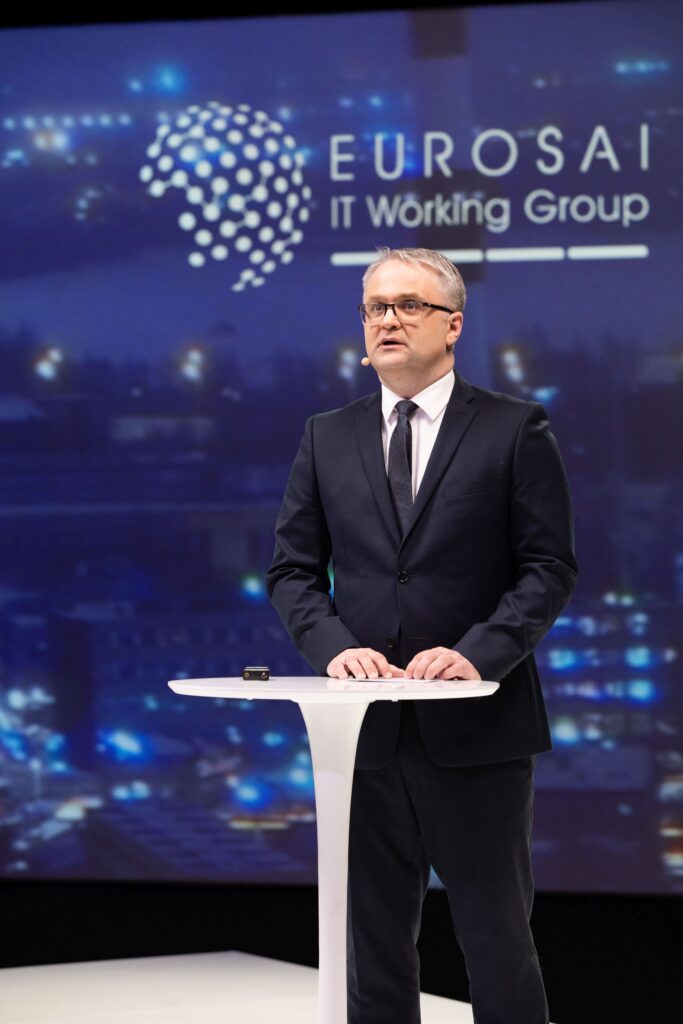
We see practical value in cooperation among institutions, especially considering the technological turmoil we all are experiencing.
Mr Janar Holm
EUROSAI IT Working Group, uniting 43 supreme audit institutions, has strived towards being an “exploration hub“. Particularly, we have tried in EUROSAI IT Working Group to widen the picture with our virtual and hybrid interactive seminars open for the whole INTOSAI community – regarding data exchange, use of AI in auditing, electronic identity etc. – and these are not mere ways to share experience but also experts’ opinions and panel discussions that present technological, legal and social perspective. We invite our members and partners to present not only their audit findings, but also their viewpoint on auditing new developments in the future. While it is our mission to present clear audit findings and recommendations for our auditees based on sound evidence and standards, we should be more open to explore innovation in auditing methodology among our own community. We therefore strive to give context to our colleagues that they could apply in their individual cultural, legal and technological ecosystem. Technology and its advancement are not subject to state or even regional borders, and this applies also to cooperation between supreme audit institutions in this regard – a good example is our partnership with the ARABOSAI region, which explored the potential and application of electronic identity during our last virtual seminar in spring.
Institutions often refrain from audits regarding technology they are not familiar with, and from applying different technological tools and methods while auditing due to the shortage of qualified staff. As technology has gradually transformed all public domains, it has become clear that supreme audit institutions need open- and experiment-minded auditors in all fields, also knowing at least the basic concepts of IT auditing. Training of existing and valuable SAI personnel with limited knowledge about IT auditing has therefore been selected as a strategic goal for EUROSAI IT Working Group and for this purpose, a comprehensive training program “Introduction to IT auditing“ has been launched in collaboration with academia and SAI Germany (Bundesrechnunghof). About 2000 people all over the world are registered to the dedicated platform (training.eurosai-it.org) and the number of participants will increase as supreme audit institutions see the practical value this program adds to the auditors’ knowledge portfolio. During the past year, we have seen interactive courses paving the way for understanding complex theory, and therefore we are looking for ways to use the same pattern – in collaboration of innovative SAIs and academia – for enhancing auditors’ IT-using capacity.
I have been asked, why has National Audit Office of Estonia – one of the smallest audit institutions – invested so much effort and resources in leading the EUROSAI IT Working Group. The answer is simple – because we see practical value in cooperation among institutions, especially considering the technological turmoil we all are experiencing. Reaching the ever-moving target of technological advancement seems impossible. But believing in something not considered possible before – this is the key to audit innovation and our development as valuable contributors in our respective societies.

